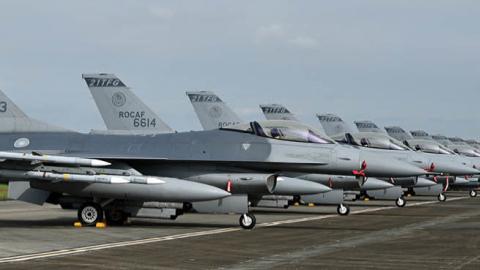For many of the last 30 years, the notion that the United States was locked in direct contest with other great powers seemed as outdated as the Cold War itself. Instead, successive U.S. administrations have pursued collective security on the assumption that the world’s great powers shared a common interest in preserving the existing international order.
U.S. leaders have often promoted collective security following a great-power struggle. After World War I, President Woodrow Wilson pushed for the League of Nations, and in the 1928 Kellogg-Briand Pact, the future Axis powers Germany, Italy, and Japan joined the Western democracies in renouncing war as a means of resolving international disputes. Yet war began in the Far East only three years later and a world war less than a decade after that.
Read in Foreign Affairs



















